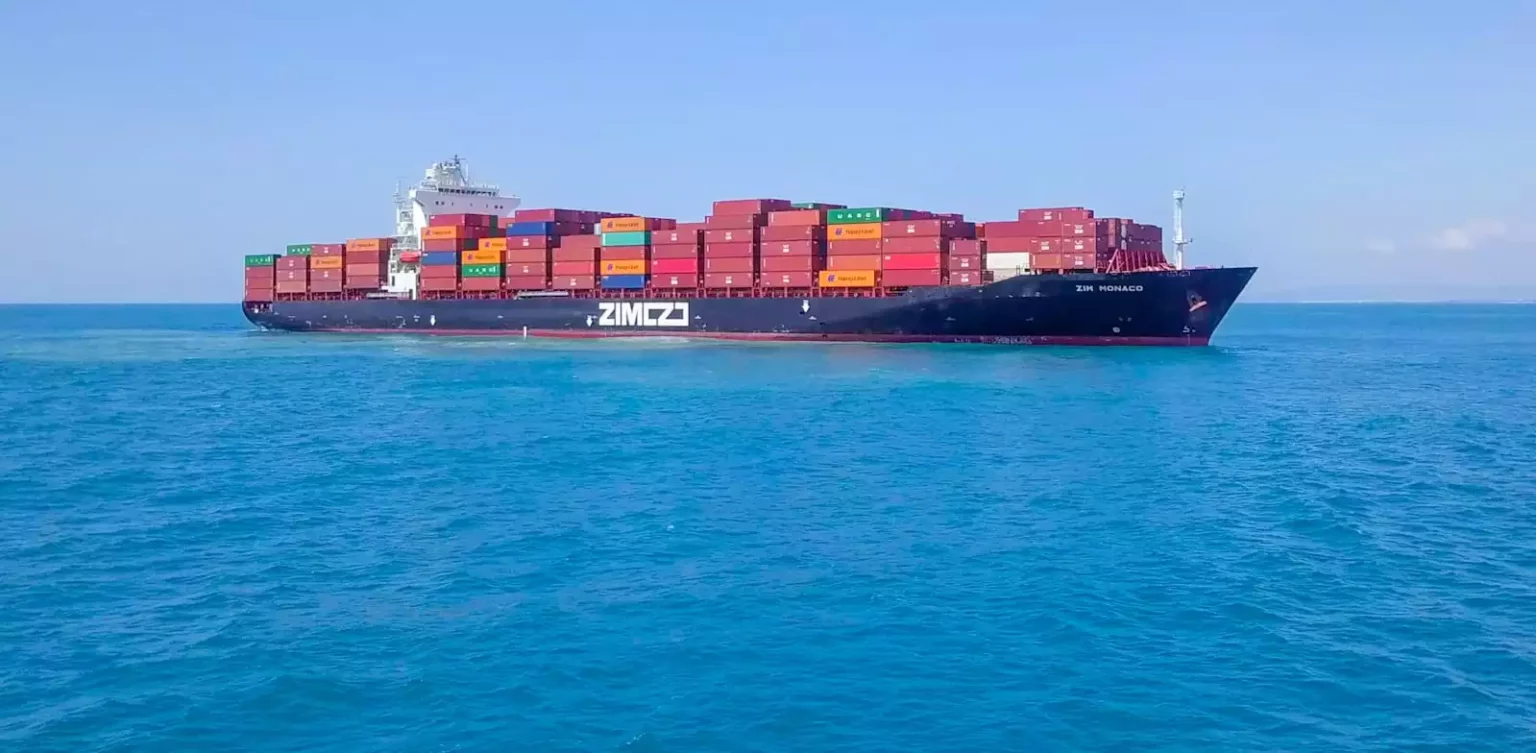Malaysia has banned all Israeli-flagged cargo ships from docking at its ports in what it said was a response to the war in Gaza, accusing Israel of violating international law through the “massacre and brutality against Palestinians”.
On Wednesday, Malaysian Prime Minister Anwar Ibrahim announced the decision to impose the maritime ban on Israel-affiliated vessels – singling out ZIM, Israel’s largest shipping firm – amid growing alarm over disruptions to global shipping as a result of attacks on cargo ships in the Red Sea.
Ships on their way to Israel will also be barred from loading cargo at any port in the Southeast Asian nation with immediate effect, Anwar said in a statement.
Malaysia, where about 60 percent of the population is Muslim, does not maintain diplomatic relations with Israel and advocates for a two-state solution to the Israel-Palestine conflict.
“The Malaysian government decided to block and disallow the Israeli-based shipping company ZIM from docking at any Malaysian port,” Anwar said.
The restrictions are a response “to Israel’s actions that ignore basic humanitarian principles and violate international law through the ongoing massacre and brutality against Palestinians”.
Malaysia “also decided to no longer accept ships using the Israeli flag to dock in the country” and ban “any ship on its way to Israel from loading cargo in Malaysian ports”.
“Both of these restrictions are effective immediately,” the prime minister said.
Malaysia has donated millions of dollars in aid to Gaza and Anwar has vocally supported the Palestinian cause and condemned Israel’s bombardment of Gaza since October 7.
At least 19,667 Palestinians have been killed in Israeli attacks since the war started in October. The death toll from Hamas’s attack on Israel, which triggered the current conflict, stands at nearly 1,140.
Kuala Lumpur has a longstanding relationship with Hamas.
Malaysia’s ban comes at a time of major disruptions to shipping routes as the Red Sea passage is jeopardized due to attacks by Yemen’s Houthi rebels in the world’s main East-West trade route.
The Red Sea is linked to the Mediterranean by the Suez Canal, which creates the shortest shipping route between Europe and Asia. About 12 percent of world shipping traffic transits the canal.
Container ships traversing these waters have either switched off tracking systems or have anchored as companies try to reroute and adjust prices. This week, the United States announced the launch of a multinational force to protect trade in the Red Sea after the Houthi attacks forced many shipping lines to suspend operations.




